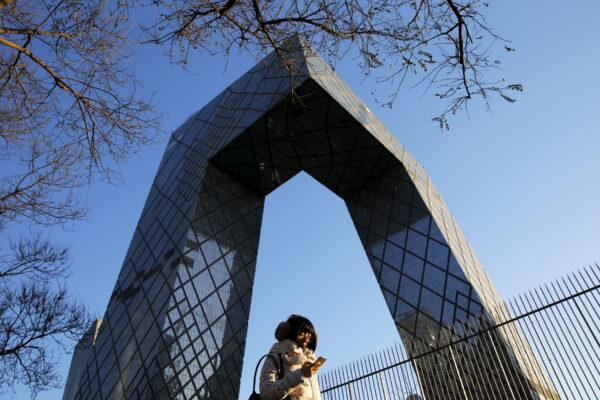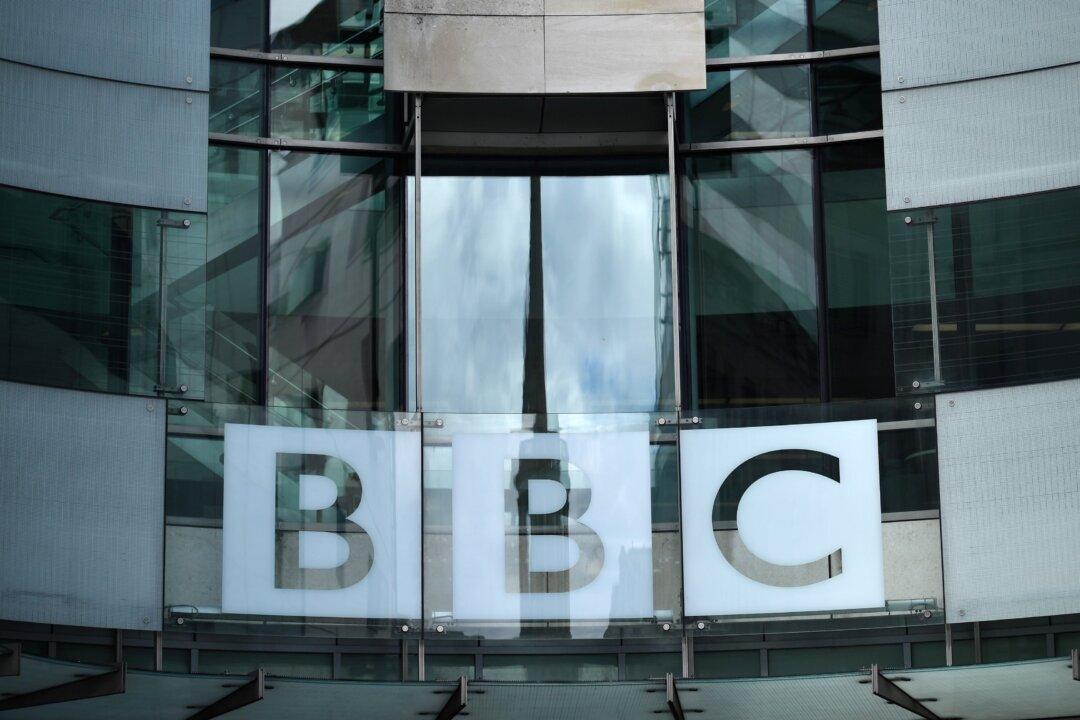The Chinese regime announced that it is pulling BBC World News off air in China, a week after the UK’s broadcasting regulator revoked the licence of Chinese state broadcaster CGTN.
BBC World News, the BBC’s international news channel, can’t be seen by the vast majority of Chinese viewers and can only be watched in hotels and residential compounds catering mainly to foreigners.
Its broadcasts are subject to regular blackouts when covering sensitive news about China, in particular, stories relating to Tibet, Xinjiang, and human rights abuses.
China’s broadcasting regulator, the National Radio and Television Administration (NRTA), said on Feb. 11 that BBC World News was found to have “seriously violated regulations on radio and television management and on overseas satellite television channel management in its China-related reports.”
The BBC’s China coverage “went against the requirements that news reporting must be true and impartial, and undermined China’s national interests and ethnic solidarity,” the official Xinhua news agency quoted the NRTA as saying.
“As the channel fails to meet the requirements to broadcast in China as an overseas channel, BBC World News is not allowed to continue its service within Chinese territory,” the NRTA said.
A BBC spokeswoman responded by saying: “We are disappointed that the Chinese authorities have decided to take this course of action. The BBC is the world’s most trusted international news broadcaster and reports on stories from around the world fairly, impartially and without fear or favour.”
UK Foreign Secretary Dominic Raab said Beijing’s decision to ban BBC World News is “an unacceptable curtailing of media freedom.”

Ofcom banned CGTN on the grounds that the station is “controlled by a body which is ultimately controlled by the Chinese Communist Party.” UK broadcasting laws do not allow licences for media controlled by political bodies.
A day later, Chinese foreign ministry spokesman Wang Wenbin criticised the Ofcom ruling as “politicising the issue on a technical point” and warned that Beijing reserves the right to make a “necessary response.”
At the same press briefing, Wang said the BBC’s coverage of the Chinese regime’s human rights abuses against the Uyghur Muslim minority in Xinjiang was “unjust, subjective, and irresponsible.”
Concerns over CCP influence and espionage in the UK have been growing in recent years, in particular among some backbench Conservative MPs.
According to the Telegraph report, a senior government source said the three spies worked for three different Chinese media agencies, which were not named.
They were forced to return to China after MI5 uncovered their true identities and that they were intelligence officers for Beijing’s Ministry of State Security, according to the Telegraph.





